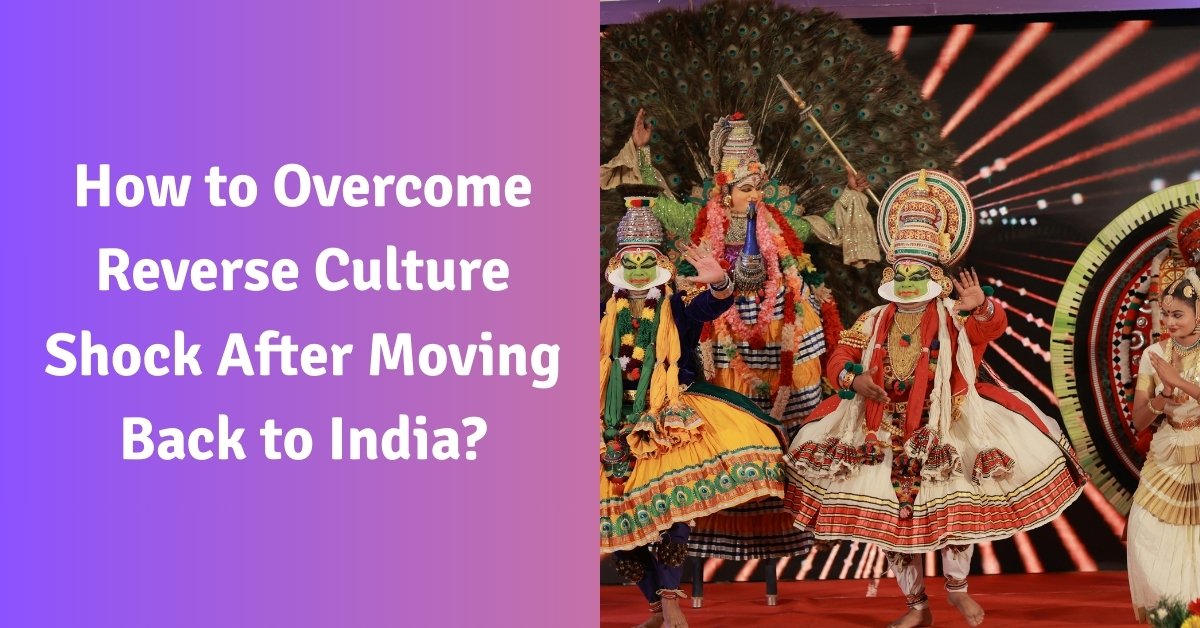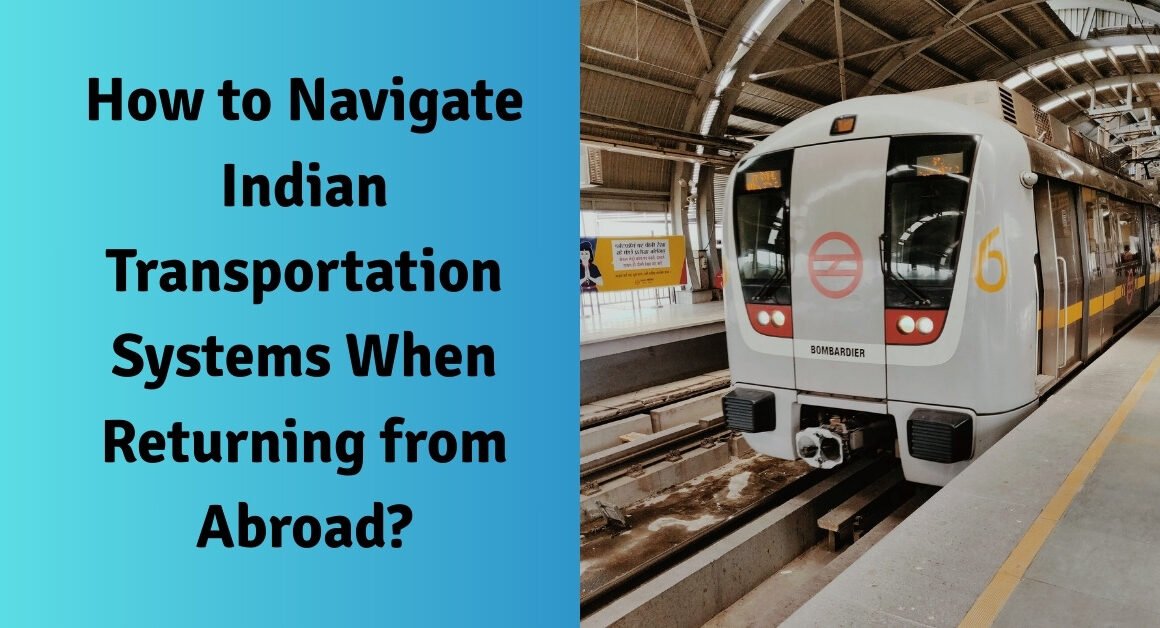Coming back home after living abroad for years is a dream, isn’t it? Home-cooked meals, family functions, and familiar celebrations. But for most NRIs, going back to India has an unexpected visitor: reverse culture shock. That weird sensation when your “home” is no longer home anymore. You feel like a stranger in your own land, and that’s perfectly fine.
So, if you have recently returned to India and feel unsettled, confused, or even frustrated—breathe easy. You’re not alone. Let’s see how to ride this emotional rollercoaster and settle into life in India with confidence and calm.
Reversal Culture Shock: Why It Happens
Reverse culture shock refers to the psychological and emotional tension of re-settling to one’s homeland after spending a period of time overseas. You expect to find solace in the familiar but find that all seems changed. The traffic appears mad, the social mores seem intrusive, and the independent lifestyle you led overseas now becomes somewhat lost to you.
This shock is due to the disparity between what you expected and what you find. You recall India as you departed, but time has not been paused. The people, rhythm, and habits might have shifted. And most crucially, you have also changed. Your attitude, lifestyle, and routines have all developed, and now they are conflicting with the reality you are returning to.
The Emotional Rollercoaster
Don’t be shocked if you have mood swings or feel confused in the first few weeks. You may feel very nostalgic one day and completely irritable the next. These shifts in mood are common symptoms of reverse culture shock.
Some of the typical responses are missing the ease of things back home, missing friends and family, grappling with the culture of work, or even the feeling that you have two identities. You find yourself uttering things like, “This would never happen in the US,” or “Why is everything so slow here?”
Practical Steps to Reconnect and Rebuild
Getting over reverse culture shock isn’t about snapping back to your former life it’s about building a new one with the best of both.
Begin by establishing a daily routine that provides you with structure and purpose. Attempt to visit your own city as a tourist it does help restore a sense of awe. Reconnect with old friends but don’t hesitate to make new ones. Membership in interest groups, exercise groups, or alumni associations can provide a sense of belonging.
Work-life blending may not be the same, so let patience with professional shifts. If you feel uneasy, look to telecommuting, freelance work, or even starting your own business many returnees leverage their overseas exposure as a resource to start anew.
Dealing with Social Norms and Expectations
One of the largest issues NRIs face is how to come back to traditional social systems and family roles. Questions like “When are you going to get married?”, “Why don’t you live with your parents?”, or “Why did you quit your job overseas?” feel daunting.
The importance is to be firm but compassionate in setting boundaries. Educate your loved ones and friends about your journey, even if it takes time. Not everyone will accept your new path, but many will change once they observe your sincere effort to reconnect.
Also, become familiar again with the art of small talk. In India, individuals ask intrusive personal questions as an expression of concern. It may feel inappropriate, but it’s extremely cultural.
Embrace the Journey
Acclimating back to India isn’t an overnight process. It’s a process one riddled with instances of frustration and fulfillment in equal measure. Keep reiterating that discomfort is growth.
Attempt to journal what you’re thinking or speak with other returnees. Their experiences will make you feel heard and understood. Meditation, traveling, or even therapy can aid in making the mental adjustment.
Fun Fact: More than 90% of returning NRIs say it takes 6 months to 2 years to feel fully home again. So be gentle with yourself.
Conclusion
Moving back to India is a homecoming, but it’s also a major life transition. You’re not just returning to a place you’re re-learning how to live, love, work, and belong in it. Reverse culture shock is real, but it’s also temporary. With time, effort, and a positive mindset, you’ll not only adjust you’ll thrive.
Don’t forget, you don’t need to delete your foreign experiences in order to blend in. Your international experience can make your life in India phenomenal.
FAQs
1. What is reverse culture shock?
Ans- It’s the discomfort you feel when adjusting back to your home country after living abroad.
2. How long does reverse culture shock last?
Ans- It can last anywhere from a few months to over a year.
3. Why do I feel disconnected from old friends?
Ans- Time and different life experiences can create distance. It’s normal.
4. Is it okay to miss the country I left?
Ans- Yes, it’s completely natural and part of the transition.
5. How can I help my kids adjust?
Ans- Blend Indian culture with familiar routines from abroad.
6. What are common challenges after returning?
Ans- Adapting to traffic, social norms, and local work culture.
7. Should I talk to a professional?
Ans- Yes, if you’re feeling overwhelmed, therapy can really help.
8. How can I keep my global mindset?
Ans- Stay connected with global news, people, and habits.
9. Will I feel at home again?
Ans- Yes, it just takes time and patience.
10. One tip for returnees?
Ans- Be kind to yourself—re-adjusting is a journey, not a race.
Disclaimer: The information provided here is for educational and informational purposes only and should not be construed as financial, legal, or tax advice. Consult with a qualified professional before making any investment decisions. We do not accept any liability for errors or omissions in this information nor any direct, indirect, or consequential losses arising from its use.





